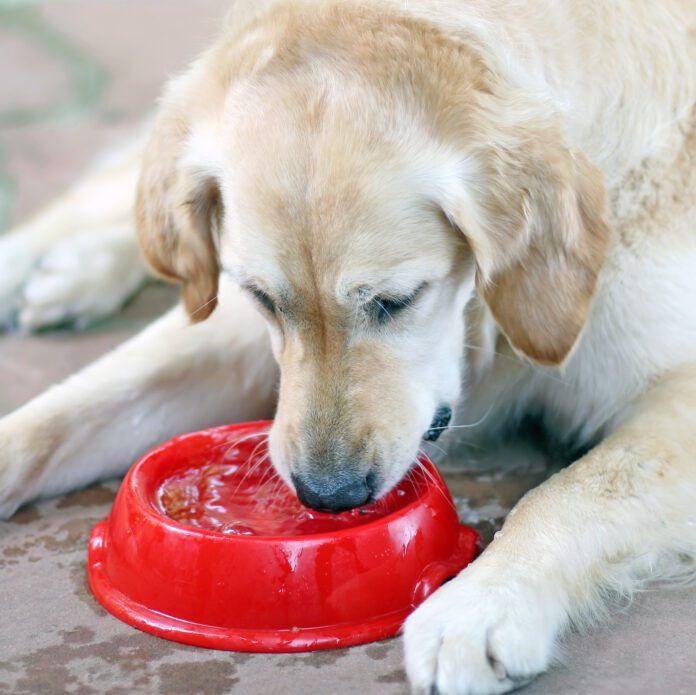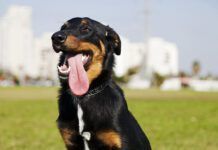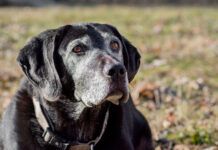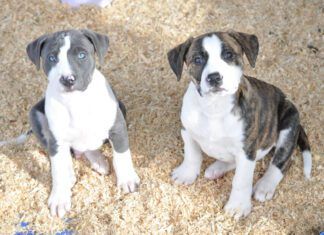Drinking water too fast is a common cause of dogs coughing up water. If your dog is gulping water as fast as he can, he may accidentally get some down his trachea (“windpipe”). Water isn’t supposed to go down the windpipe, obviously, so the dog’s body responds by triggering a cough to get it back out.
Stop the Coughing
You can prevent this by only offering your dog small amounts of water right after exercise or by putting water in a slow-feeder bowl. You should still allow your dog to drink as much as he wants, especially in the heat of the summer, just slow him down a bit.
Dogs may also cough or splutter a little after swimming. They can ingest water as they swim (especially inexperienced swimmers) or when grabbing toys in the water. If your dog is coughing up even small amounts of water, encourage him to take a break by taking away the toy or putting him back on a leash.
Throat Problems
Coughing after drinking can also indicate a problem with your dog’s throat:
Collapsing tracheas. A collapsing trachea is most common in small breed dogs but can happen to any dog. In affected dogs, the cartilage rings of the trachea will collapse on themselves when the dog gets excited, pulls on a collar, or sometimes when drinking. These dogs often have a distinctive honking cough as they reinflate the trachea. Your veterinarian can diagnose a collapsing trachea by feeling your dog’s throat and taking X-rays.
Laryngeal paralysis. This is when the dog’s laryngeal folds, or vocal cords, aren’t functioning properly. Depending on whether the folds are stuck open or closed, the dog’s airway will either be partially blocked, or it might be wide open, allowing water to go down into the trachea and lungs.
Laryngeal paralysis is most common in senior, large dogs, but it can happen to any dog. Other signs you are likely to notice are frequent panting and heavy breathing, odd swallowing, and raspy breathing and barking.
Your veterinarian can diagnose laryngeal paralysis based on exam, a detailed history of your dog’s symptoms, and potentially watching the back of your dog’s throat as the dog breaths while under sedation.
Bottom Line
If your dog frequently coughs after drinking water, it may be worth a check with your veterinarian to rule out a physical problem. Otherwise, either limiting how much water the dog can quickly gulp at once—as in only a little water at a time in the bowl, which will require more frequent filling of the water bowl—or using a slow-feed bowl may help slow down how fast the dog gulps and ease the coughing.






